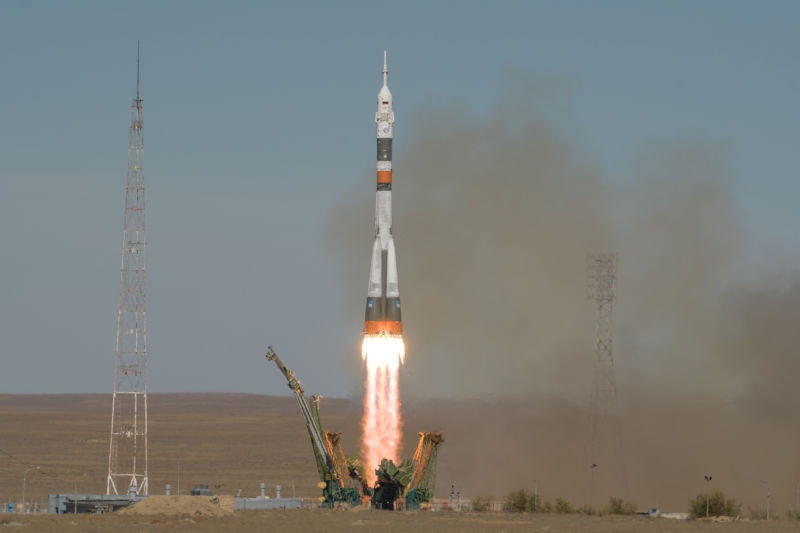Russian official says Soyuz rocket failure caused by an errant sensor
Ars Technica » Scientific Method 2018-10-31

Enlarge / A Soyuz rocket launches with Expedition 57 Flight Engineer Nick Hague of NASA and Flight Engineer Alexey Ovchinin of Roscosmos, Thursday, October 11, 2018. (credit: NASA)
Although the official report on the cause of a Soyuz rocket failure won't be released until Thursday, a Russian official disclosed its central conclusion a day early, the country's news agency TASS reports.
Sergei Krikalev, the executive director of "manned programs" for Russia's space corporation Roscosmos, said a sensor on board the rocket failed to properly signal the separation of the first and second stages. As a result, one of the side-mounted rocket boosters did not separate properly from the vehicle and collided with the rocket.
This collision triggered an automatic abort of one of the Soyuz's abort systems, pulling the crew of NASA astronaut Nick Hague and Russian cosmonaut Aleksey Ovchinin safely away from the rocket and sending them on a ballistic return to Earth.